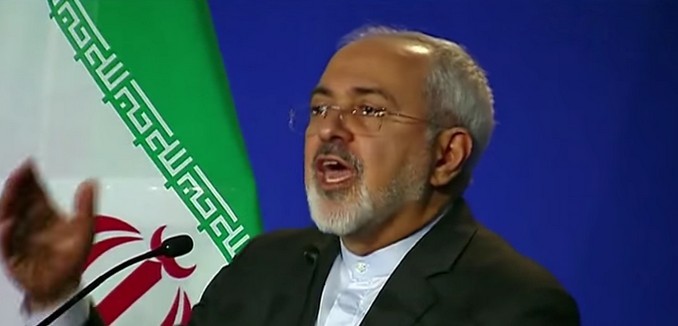The Obama administration is looking to provide Iran with up to $50 billion in sanctions relief upon the signing of a nuclear deal, The Wall Street Journal reported (Google link) Friday.
The Obama administration estimates Iran has between $100 billion and $140 billion of its oil revenue frozen in offshore accounts as a result of sanctions. U.S. officials said they expect Tehran to gain access to these funds in phases as part of a final deal. Iran could receive somewhere between $30 billion and $50 billion upon signing the agreement, said congressional officials briefed by the administration.
Complicating negotiations, U.S.-ally Saudi Arabia has repeatedly charged in recent weeks that Iran has provided significant funding, arms and training to Shiite insurgents in Yemen who gained control of the country’s capital, San’a, and forced the country’s president to flee. Iran has denied these allegations. Iran also is a major supporter of the Lebanese militia Hezbollah, the Assad regime in Syria and a group of Shiite militias fighting in Iraq.
The pace of sanctions relief was a major sticking point during the recently concluded talks in Lausanne, Switzerland. Iran insisted that sanctions relief be immediate upon the signing of any nuclear deal, while the West called for a phased lifting of sanctions based on Iran’s compliance with any future deal. A video recorded by The Israel Project showed Iranian Foreign Minister Mohammad Javad Zarif in Lausanne saying he was “all smiles” while rejecting any compromise on Iran’s demands for immediate sanctions relief. The Israel Project publishes The Tower.
Over the past month, the West has made key concessions undermining the effectiveness of any future nuclear accord with Iran. The West has agreed to allow Iran to continue operating centrifuges in the fortified Fordow facility, and has backtracked on demanding a full accounting from Iran of its past nuclear work. Such an accounting is necessary for establishing a benchmark for verifying Iran’s compliance with any future nuclear deal. The West has also backed down on its demand for Iran to ship its stockpile of enriched uranium out of the country. This retreat was characterized by the Institute for Science and International Security, a non-partisan scientific think tank devoted to nuclear nonproliferation, as allowing Iran a shorter breakout time to a nuclear weapon than the one-year time frame the administration said was its goal in the negotiations.
Last week, former Secretary of State James Baker called the Iranian demand for sanctions relief before verified compliance as a “deal breaker.” David Rothkopf, editor of Foreign Policy magazine, wrote last week that a deal that relieved sanctions without the elimination of Iran’s nuclear program “could actually enhance the risk of proliferation.” Earlier this month, former Secretaries of State Henry Kissinger and George Shultz wrote that lifting sanctions without a change in Iran’s behavior would fuel Iran’s regional ambitions further destabilizing the Middle East.
[Photo: PBS NewsHour / YouTube ]




